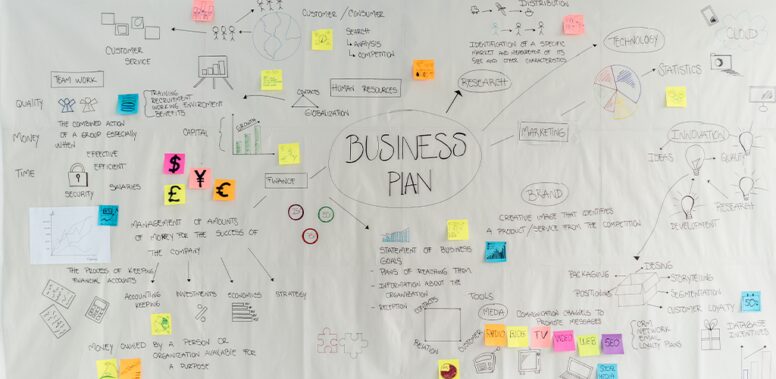Keeping a thought for yourself is one thing, patenting it is another, and cashing it in is yet another different form. One thing is certain, and that is if the idea is brilliant, it will find its way to the market, whether you like it or not. There are numerous ways of proving who is right or wrong when owning an idea is in question, but unfortunately, they are not always working hand in hand with what is just. Thus, read the following lines and figure out whether you can sell your idea to a random company without a patent or you should find another way of realizing your transaction.
Introduction to the Elementary
A vast majority of inventive people often spends their time thinking about great things, not about cashing them in. Even though the story of patenting is not a novelty, not everybody is aware of how it actually functions, so it is reasonable that inexperienced innovators encounter numerous obstacles when laying claim to what should be genuinely theirs is in question. In a nutshell, owning a patent means you have all the rights to distribute and use something unique.
If other entities would try using it, they would either have to pay a certain fee to the patent holder, respect any other potential agreement with them, or they would break the law. Therefore, it is reasonable why owning a patent is important, and why one should aim to patent any useful idea they might have since once you get things straight and regulated nobody should be able to violate their rights legally.

The Price Factor
Since we have determined that patenting is a valid way to protect the original invention or an idea that you might have, we would like to determine whether it is worth the trouble, or should you offer your idea to a company under different conditions. In a nutshell, the answer depends on several factors. Firstly, you need to figure out whether you have what it takes to patent something on your own or you need the professional assistance of a patent lawyer.
Reasonably, doing things on your own is more time-consuming, but it will save you some money at the end of the day. The second feature you need to resolve is whether the money you would invest into patenting the idea would be too big expanse and consider a waste or this investment is the right thing to do and should pay off in the long run.

Offering
As we have mentioned earlier, a patent prevents a company from abusing your invention in front of your nose. Even though the theft of intellectual property is considered a crime, you would hardly have any chances of winning in court if you have not previously protected it somehow. At InventHelp you will find additional info on what you should do in order to patent your idea or an invention without troubling yourself too much. On the other hand, if you reckon you have no valid means of protecting the idea, we advise you solely try working with companies willing to sign an NDA. A nondisclosure agreement should guarantee you that the company will respect your discovery and they will not share any info with third parties.

Small Vs Big
In case you are not familiar with how differently big and small companies handle potential chances to work with innovative minds, we should highlight that the difference is huge. Namely, if you do not have a patent, you can expect that companies such as Coca-Cola will not even think about signing an NDA with you, and their attitude towards this issue is perfectly logical since they could be sued for immense amounts of money if they would only appear not to respect the deal.
This decision is perfectly reasonable since not only there are many ideas not worth their time, but they also do not want to waste their precious resources on proving their innocence in case anything in their wide product placement and distribution resembles the potential idea you might be sharing with them.
On the other hand, smaller companies do not have the luxury of rejecting potential partners with potentially revolutionary ideas that could change their position on the market. Surely, it might be hard to get in touch with high-ranked officials that could offer you a deal, but nothing is impossible if you know how to use the internet and you stay persistent. We should highlight that having a model or the presentation where it is clearly described how your invention performs, would be a great means of skipping strenuous persuasion. Still, without NDA, you should not take a risk and get into risky business deals with anyone.
Alternatives
Do not forget that proving that your unique solution genuinely comes from your mind might cost you more time than you are willing to sacrifice, but you should still do it as soon as possible.
Namely, the sooner you apply for a patent, the sooner you will be able to find potential sponsors if your idea becomes interesting to them. Fortunately, you will still have the ability to claim your rights if they try to double-cross you since your patent will already be pending. Just in case, we advise you to protect your idea in every way possible, thus, insisting on an NDA even though you have become a part of the patent-pending process might be just what the doctor ordered.
Hopefully, we have answered your question with the aforementioned pieces of information and suggestions on how to make the most of what you have envisaged. The truth is that you might trade your original thoughts for a glass of cheap wine if you want, but the point is for you to get both the financial benefits and exclusive rights to your genuine invention. Even though patenting might be the safest way to achieve it, there are other ways such as signing an NDA with your future partners. Whatever path you decide to take remember to take your time and make moves that will protect your interest at all costs.

